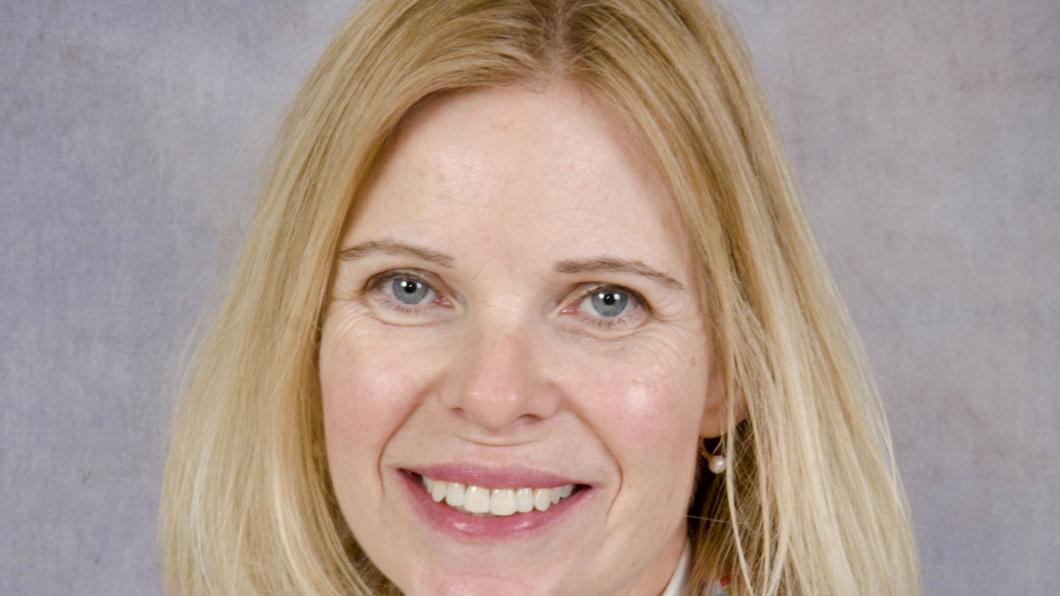
On May 15, 2017, Alison Williams, PhD, joins Holland Bloorview as its new Research Ethics Board (REB) Chair!
This position has ultimate responsibility for assuring that the REB operates in full accordance with federal regulatory requirements and guidelines governing REB functions. (Learn more about the REB)
The REB Chair works with REB members/administrative staff, institutional officials, researchers, and clients, families, and others to ensure protection of the rights and welfare of research participants, and fairness and equity in the conduct of research. Alison is an experienced bioethicist who has worked in acute, chronic, long-term care, and paediatrics.
We sat down with Alison to learn about what drives her interest in research ethics.
What are you most excited about in your new role?
Williams: There are many aspects of this new role that excite me, and I can't wait to get started! It is such a privilege to be joining this remarkable organization that is wholeheartedly committed to improving the lives of kids with disabilities and engaging clients and their families in this endeavour. I have worked in several vastly different health care organizations as an ethicist with research ethics as part of my role. This time, as Chair of the REB, research ethics will be my focus and I will enjoy learning and taking on these new challenges. I look forward to meeting and working collaboratively with everyone involved with the research institute.
What do you want people to know about the importance of good research ethics?
Williams: In my experience, sometimes people have the impression thatresearch ethics and the work of the REB are allabout presenting roadblocks to innovation, somethingto frustrate investigators who are anxious to begin working on a projectthey are excited about.Asan Ethicist who has served on Research Ethics Boards over the last twentyyears, I have seen first hand the value of research ethics and do not believethat the intention is to thwart research, but rather, to promote goodresearch. And research is only good if it is ethical.
What inspired you to pursue a career in research ethics?
Williams: My interest in research ethics is part of a broader curiosity about all kinds of ethical issues in health care and beyond. From an early age, I would enjoy exploring intriguing questions, considering the merits of various perspectives and the values that underlie them, and how decisions are made. My father was a physician involved in clinical trials and my mother was a nurse and we would often have wonderful conversations about all kinds of ethical dilemmas. I suppose it is this background, coupled with a heartfelt belief that ethical reflection is crucial and makes a difference, that has inspired me to pursue this career path.
Biography: Dr. AlisonWilliams began her career working as a Clinical Ethicist with theClinical Ethics Service shared by St. Michael's Hospital, St. Joseph'sHealth Centre and Providence Centre. She then worked asa Clinical, Research and Organizational Ethicist at The ScarboroughHospital. As part of this role Alison developed an innovative ethicsprogram to engage non-clinical staff, whose ethical concerns are oftenoverlooked in hospitals. Alison has also worked as an Ethics Consultant toOntario Shores Centre for Mental Health. Most recently, Alison held the role ofBioethicist at SickKids. In all of these roles she has provided ethicsconsultation on a variety of clinical and organizational issues, education to avariety of health care professionals, policy development and review, and was anactive member of their Research Ethics Boards. Alison is also a trained RestorativeJustice facilitator. Alison has a PhD in ethics and philosophy of educationfrom the University of Toronto.